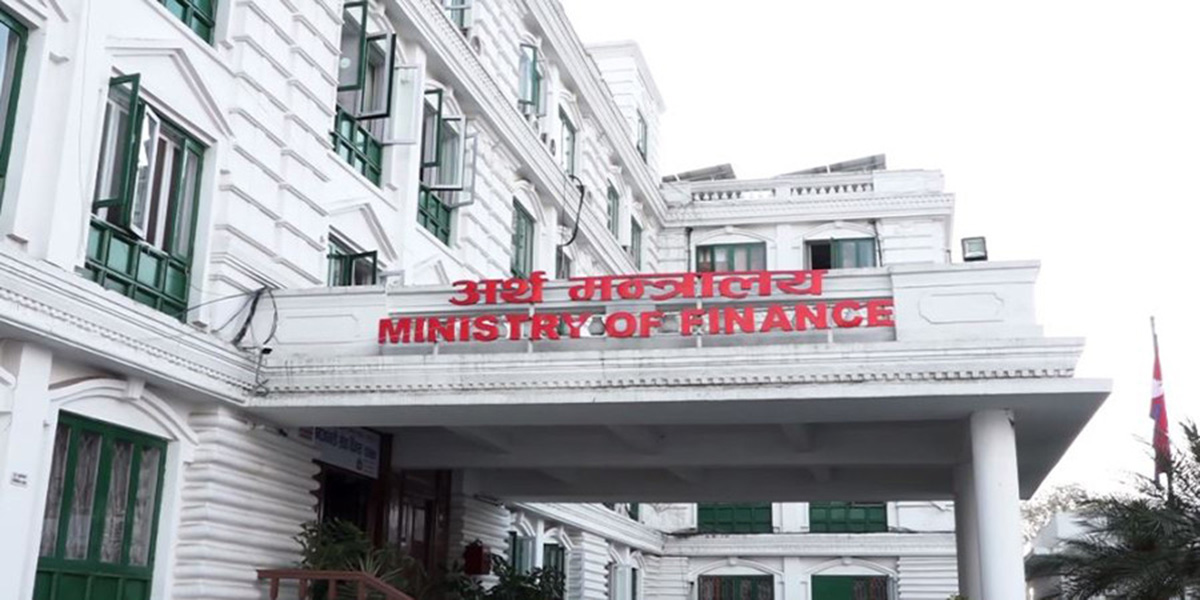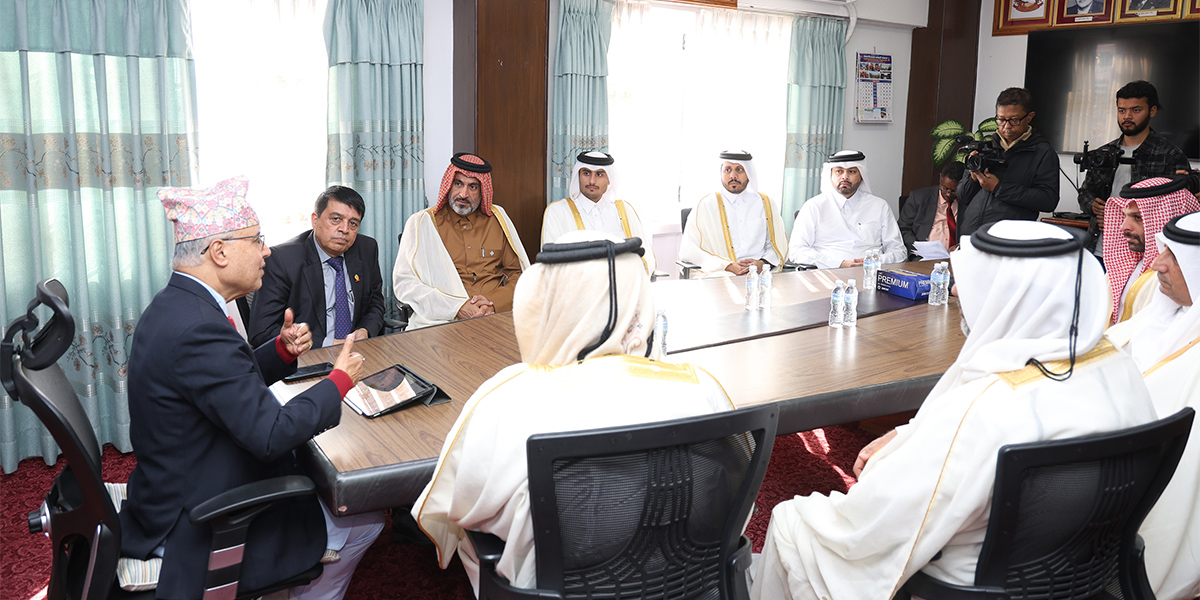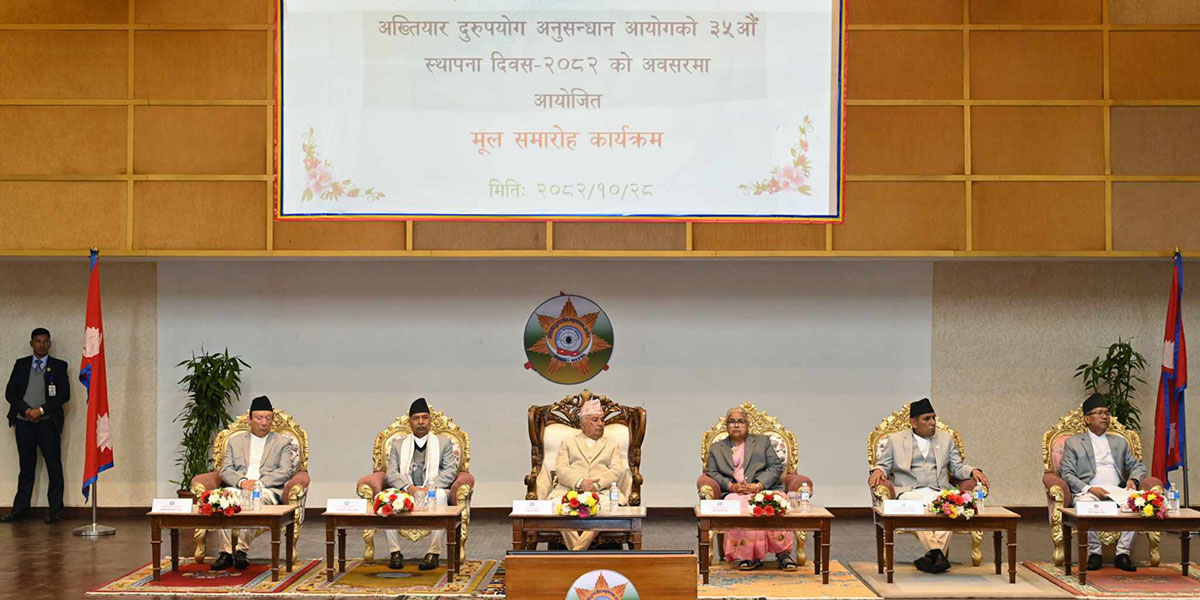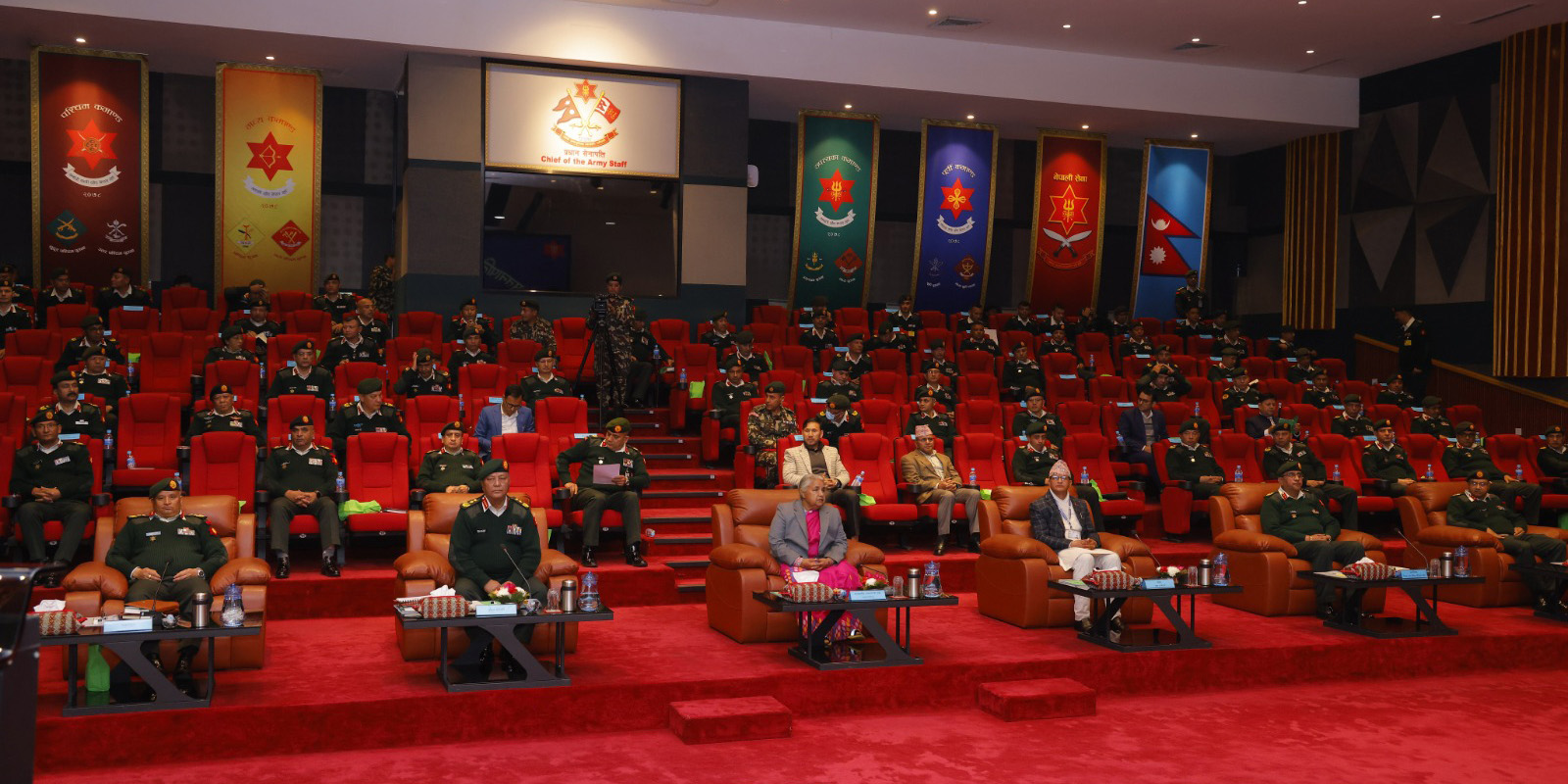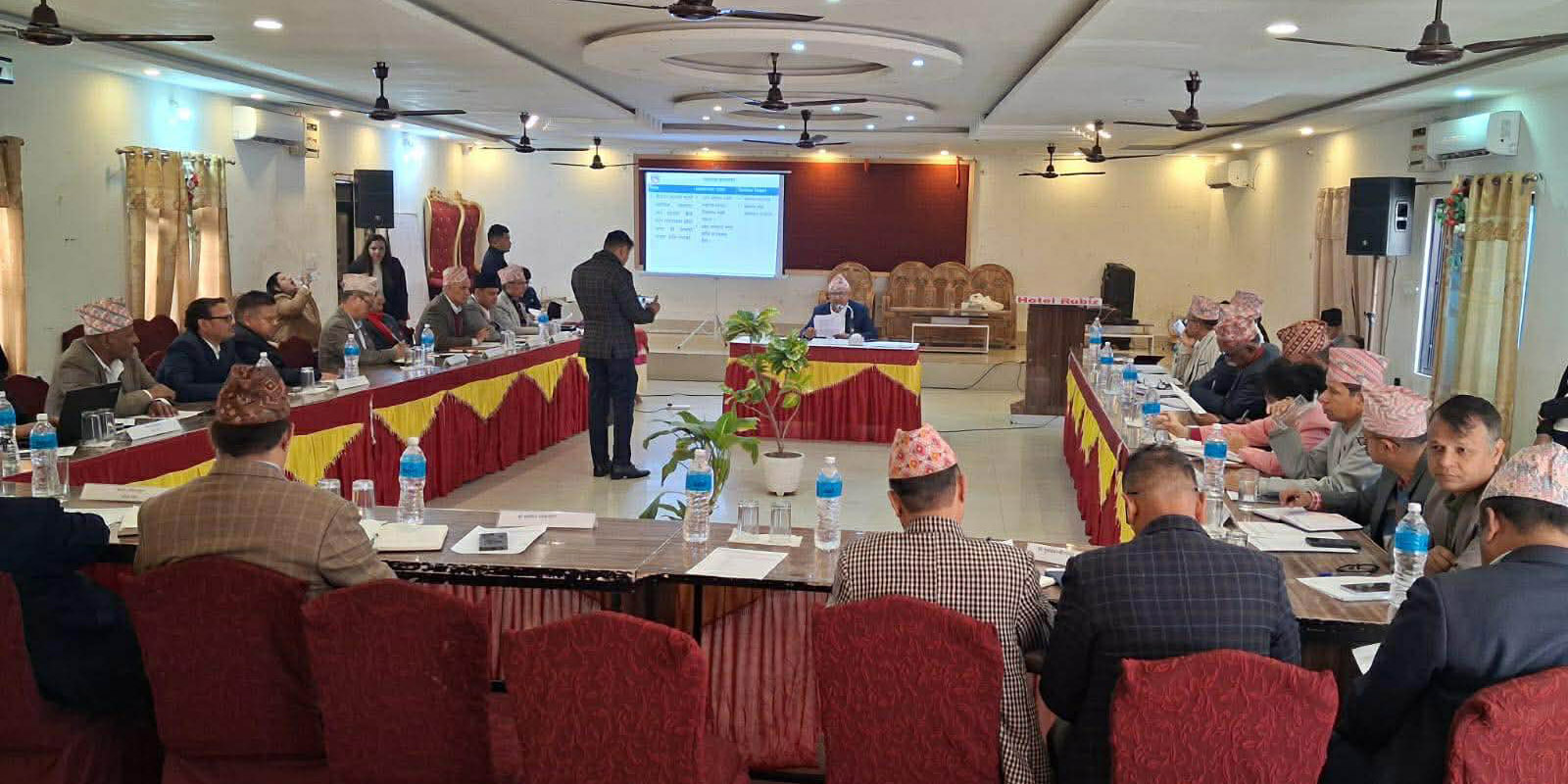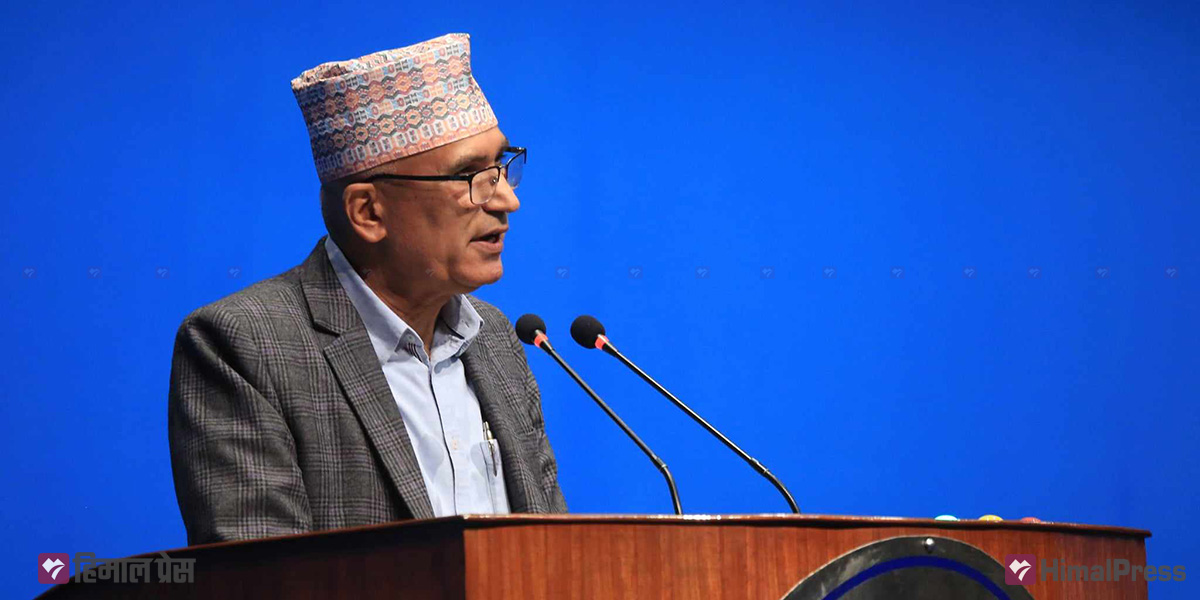 Deputy Prime Minister and Minister for Finance Bishnu Prasad Paudel
Deputy Prime Minister and Minister for Finance Bishnu Prasad Paudel
KATHMANDU: The government has revised the income and expenditure estimates downward in the mid-term review of the budget for the current fiscal year 2024/25.
Deputy Prime Minister and Minister for Finance Bishnu Prasad Paudel presented the budget review in the House of Representatives on Thursday.
The budget brought by then Finance Minister Barshaman Pun of the CPN (Maoist Center) on May 28 last year had proposed spending Rs 1,860.3 billion. The government has now reduced the expenditure target to Rs 1,692.93 billion, which is 90.99% of the initially estimated Rs 1,860.3 billion.
According to Paudel, recurrent expenditure, capital expenditure, and financial management expenditure are estimated to remain at Rs 1,029.3 billion, Rs 299.5 billion, and Rs 363.93 billion, respectively.
The government has estimated mobilizing Rs 1,286 billion in revenue in the current fiscal year. It hopes to raise a total of Rs 1,475 billion from revenue and domestic debt. It expects to meet the resource shortfall through foreign assistance and debt.
According to Minister Paudel, Rs 34.89 billion was transferred to the provinces and Rs 150.26 billion to local levels in the first six months of 2024/25.
Through the mid-term review, the government has also highlighted necessary improvements in budget implementation and resource management. These include avoiding the creation of new positions in all government offices, regulatory bodies, and public institutions, as well as maintaining austerity in recurrent expenditure by establishing spending standards.
Considering the pressure on resources, the government has decided to withhold 25% of the remaining funds allocated for recurrent expenditures from the government’s own sources, except for mandatory obligations.
Additionally, the government has stated that infrastructure projects will only proceed to the procurement phase after completing land acquisition, compensation distribution, and forest clearance. It has also committed to ensuring that national pride projects and priority projects of national importance do not suffer from resource shortfalls.

 Himal Press
Himal Press 